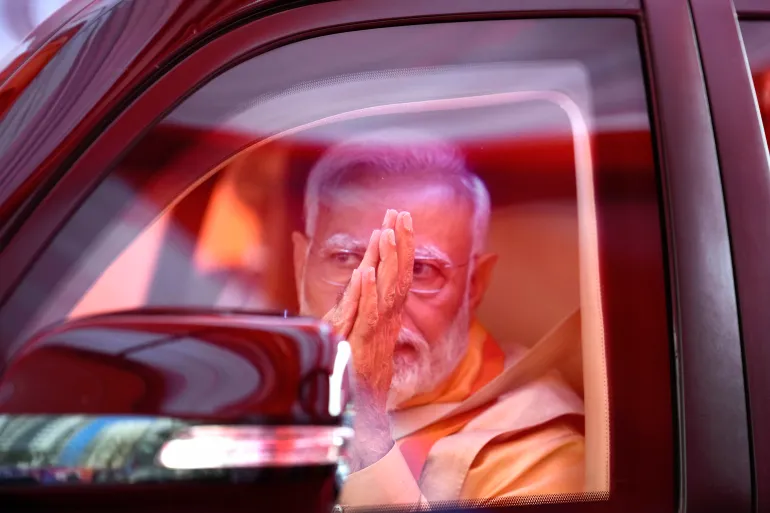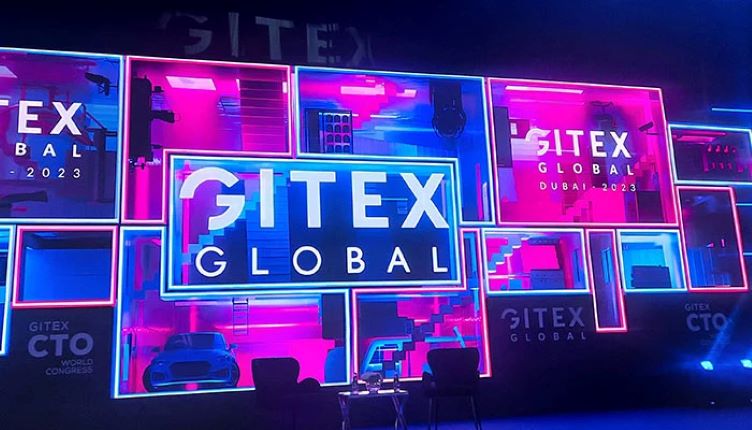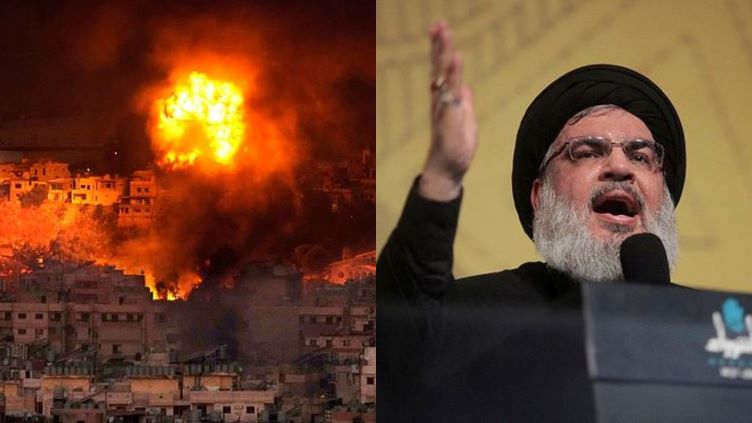The upcoming 2024 Indian general elections, scheduled for April-May, are poised to be a watershed moment for the world’s largest democracy. However, alongside the usual political fervor, a new and concerning challenge looms: the potential misuse of deepfakes to manipulate voters and influence the electoral landscape.
What are Deepfakes?
Deepfakes are synthetic media generated using artificial intelligence (AI) that can realistically replicate a person’s voice, appearance, and mannerisms. These manipulated videos or audio recordings can be used to spread misinformation, sow discord, and damage the reputation of political candidates.
The Rise of Deepfakes in India
India, with its vast internet user base and diverse political landscape, presents fertile ground for the proliferation of deepfakes. Several instances have already been reported, including:
- A fabricated video of a prominent politician making inflammatory remarks.
- A deepfake audio recording purporting to be a candidate discussing sensitive issues.
- The circulation of manipulated images of political leaders on social media platforms.
These incidents highlight the growing threat of deepfakes and their potential to disrupt the democratic process.
The Impact of Deepfakes on Elections
Deepfakes can have a profound impact on elections in several ways:
- Eroding trust in information: Deepfakes can blur the lines between truth and fiction, making it difficult for voters to discern genuine information from fabricated content. This can lead to voter apathy, disengagement, and ultimately, a weakened democracy.
- Damaging candidate reputations: Malicious actors can use deepfakes to fabricate compromising situations or statements, tarnishing the image of political candidates and swaying public opinion.
- Exacerbating existing social divisions: Deepfakes can be weaponized to exploit existing social and political fault lines, further polarizing communities and hindering constructive discourse.
Addressing the Deepfake Challenge
Combating the threat of deepfakes requires a multi-pronged approach:
- Technological solutions: Developing robust AI-powered tools to detect and flag deepfakes can help mitigate their spread.
- Media literacy initiatives: Educating the public on how to identify and critically evaluate information online is crucial to fostering responsible media consumption.
- Strengthening legal frameworks: Implementing clear regulations and legal consequences for the creation and dissemination of malicious deepfakes can deter potential misuse.
- Collaboration between stakeholders: Governments, technology companies, civil society organizations, and media outlets must work together to develop comprehensive strategies to address this emerging challenge.
The Future of Indian Democracy
The 2024 Indian elections will be a crucial test for the country’s democratic institutions in the face of the deepfake threat. By proactively addressing this challenge through a combination of technological advancements, public awareness campaigns, and robust legal frameworks, India can safeguard its democratic process and ensure a fair and informed electorate.

















